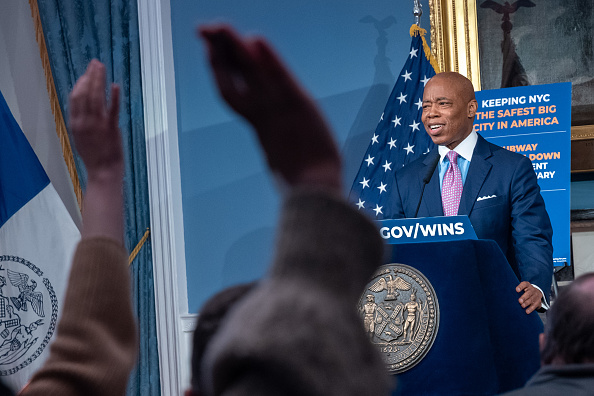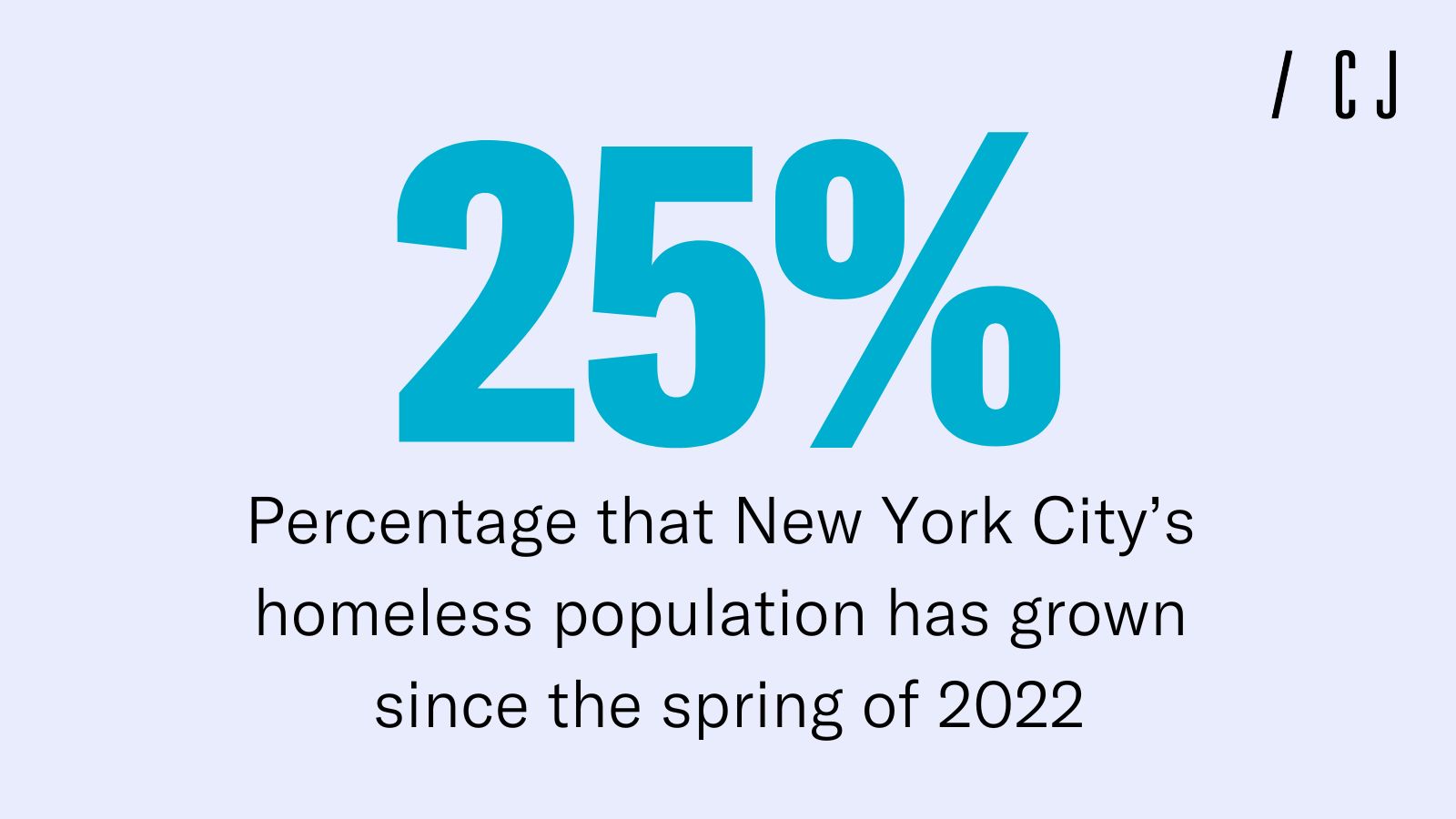|
Forwarded this email? Sign up for free to have it sent directly to your inbox. |
|
|
Good morning,
Happy Friday. Today, we’re looking at a shakeup in New York City’s mayoral race, Marine Le Pen’s conviction, a report on treating the seriously mentally ill, and religious discrimination in public funding.
Don’t forget to write to us at editors@city-journal.org with questions or comments. |
|
|
On Thursday, New York City mayor Eric Adams announced that he would run for reelection as an independent. In part, the move is an acknowledgement of his weakness in the race.
Former governor Andrew Cuomo leads in the polls, despite a forced resignation in 2021 after a flurry of scandals. Adams has his own political baggage, though the corruption charges against him have now been dropped, as John Ketcham writes about here.
As City Journal Senior Editor Charles Fain Lehman observes, Cuomo and Adams’s candidacies reflect something crucial about urban politics today: voters crave common-sense policies. They won’t get them from Zohran Mamdani, a state assemblyman and Democratic Socialists of America member also running for the mayor’s office. Mamdani’s past may be much less checkered, but his ideas could bankrupt the city and lead to a surge in crime. “In 2025, voters will overlook all sorts of character flaws as long as that person is promising sanity—not Mamdani-style radicalism,” Lehman writes. Read his take here. |
|
|
A French court has disqualified populist party leader Marine Le Pen from running for office for five years, part of the punishment for her misusing European Parliament funds. But Le Pen’s conviction could wind up having the opposite effect of its intention, writes Theodore Dalrymple.
“The fact that Marine Le Pen is the second presidential candidate of the political Right to be destroyed by legal process shortly before a possible electoral victory lends credence to a perceived trend of political persecution,” he writes. “If framed cleverly, in a way that encourages the public to forget or overlook her actual guilt, it could cast her as a martyr. And martyrs make good candidates.” Read his piece here.
|
|
|
A new city council report implies that black New Yorkers are more likely to receive involuntary mental-health care because the city’s system is racist. But as Carolyn Gorman argues, those disparities likely have little to do with racial animus.
“Studies reveal that black Americans may have higher rates of schizophrenia, even accounting for evidence that the disorder is overdiagnosed among blacks,” she writes. Schizophrenia is a debilitating condition that “can make its sufferers less likely to seek treatment and more likely to engage in self-harm and violence.”
Read the rest of her piece here. |
|
|
Many state and local governments still enforce laws that exclude religious institutions from public funding programs—despite more than two decades of Supreme Court rulings declaring such discrimination unconstitutional. Michael A. Helfand and Nicole Stelle Garnett highlight a new initiative from legal and policy groups that identifies nearly 500 such laws across the country, from arts grants to education subsidies. By highlighting these violations, the project aims to empower courts, lawmakers, and citizens to end religious discrimination in government once and for all.
|
|
|
Remember Tim Walz, the Democratic governor of Minnesota who ran alongside former Vice President Kamala Harris in last year’s presidential race? (Don’t worry: we almost forgot about him, too.)
Walz recently told New York that before joining Harris’s campaign, he warned her that he can be a “train wreck.” His words, not ours, though we can’t say we disagree.
It appears the apple doesn’t fall too far from the tree. Walz’s daughter, Hope, recently took to TikTok to make sure her followers knew that even though she was accepted to graduate school, she wouldn’t be going.
“I am not going to name the institution, but given recent events, I am not going to give my money, go into debt for, or support institutions that do not support students and the right to protest and speak out for their communities,” she stated.
By “recent events,” she could, of course, be referring to universities’ crackdown on anti-Semitism ever since the Trump administration has threatened to pull federal funding. (Heather Mac Donald recently wrote about the administrative chaos unfolding at Columbia—you can read her piece here.)
If Hope Walz is indeed implying that she has a problem with universities not allowing anti-Jewish hate or pro-Hamas protests, then we’d agree that she should skip graduate school and find a place that’s better suited for a “privileged white woman” to air her views. |
—
If you have Face Palm candidates—embarrassing journalism or media output; cringe-worthy conduct among leaders in government, business, and cultural institutions; stories that make you shake your head—send them our way at editors@city-journal.org. We’ll publish the most instructive with a hat tip to the source.
|
|
|
Photo credits: Spencer Platt / Staff / Getty Images News via Getty Images |
|
|
A quarterly magazine of urban affairs, published by the Manhattan Institute, edited by Brian C. Anderson. |
|
|
Copyright © 2025 Manhattan Institute, All rights reserved. |
|
|
|








